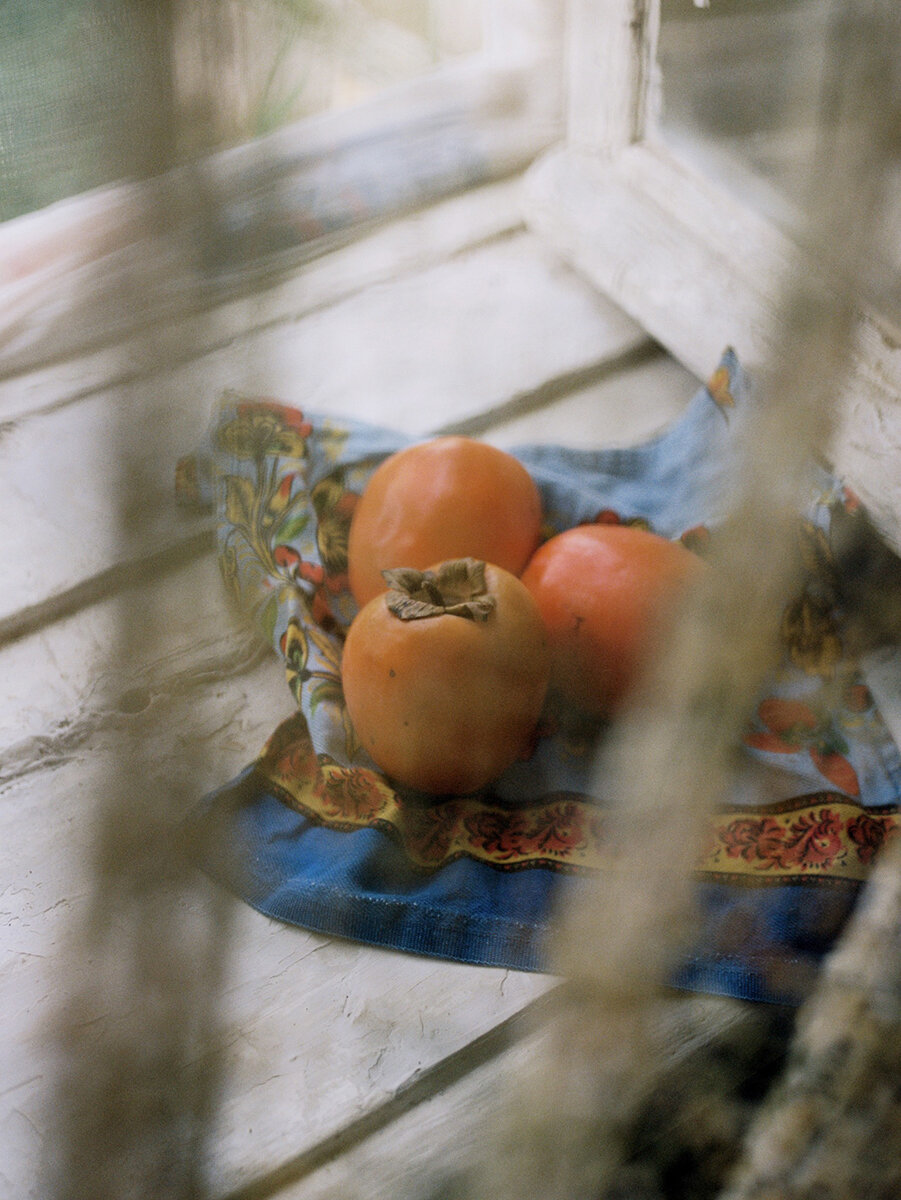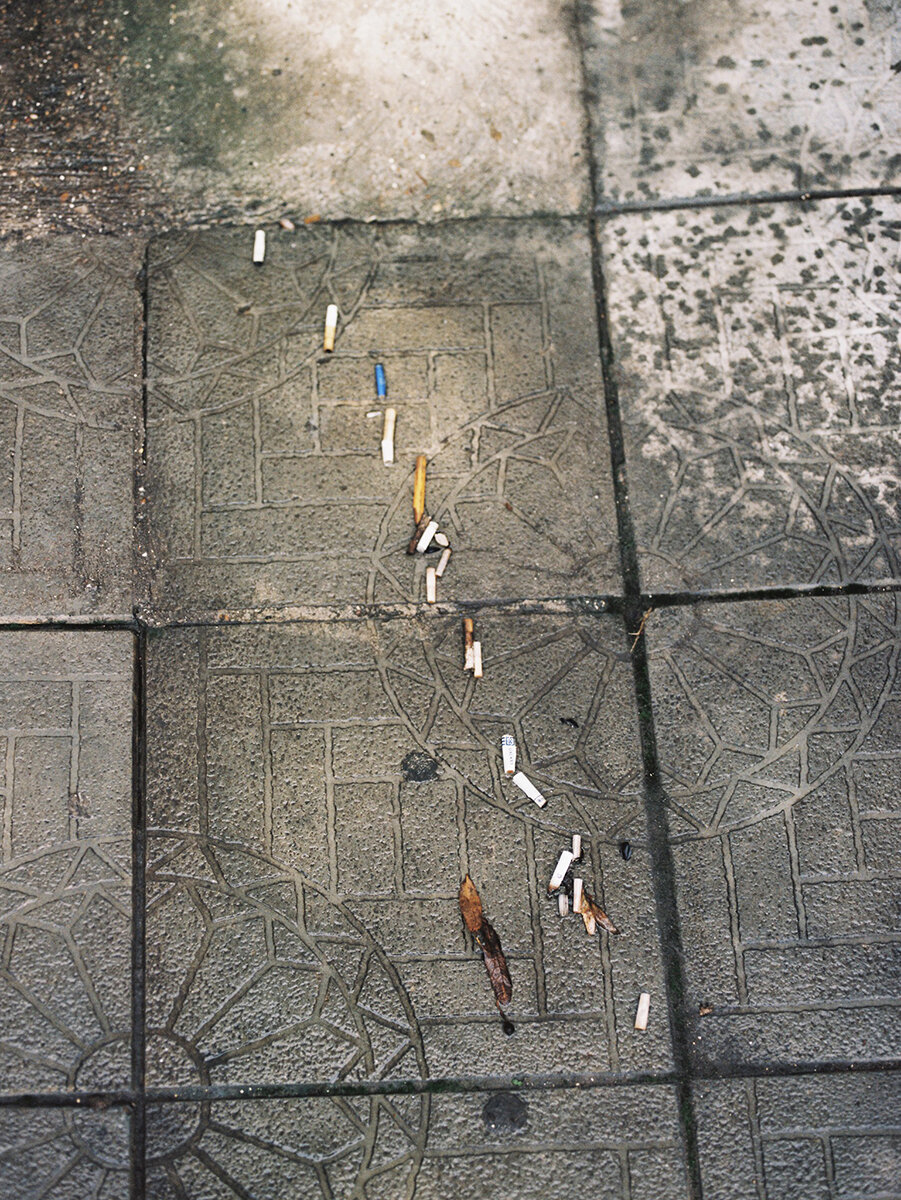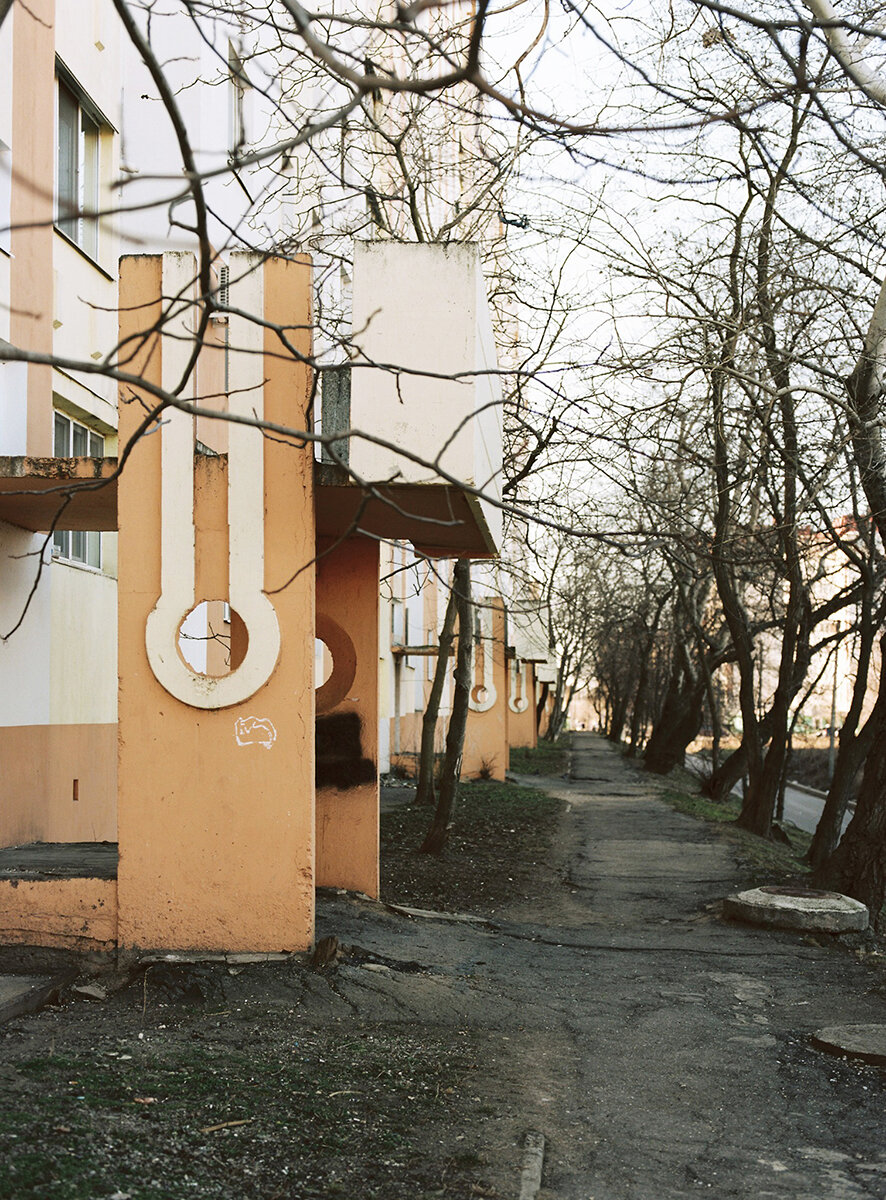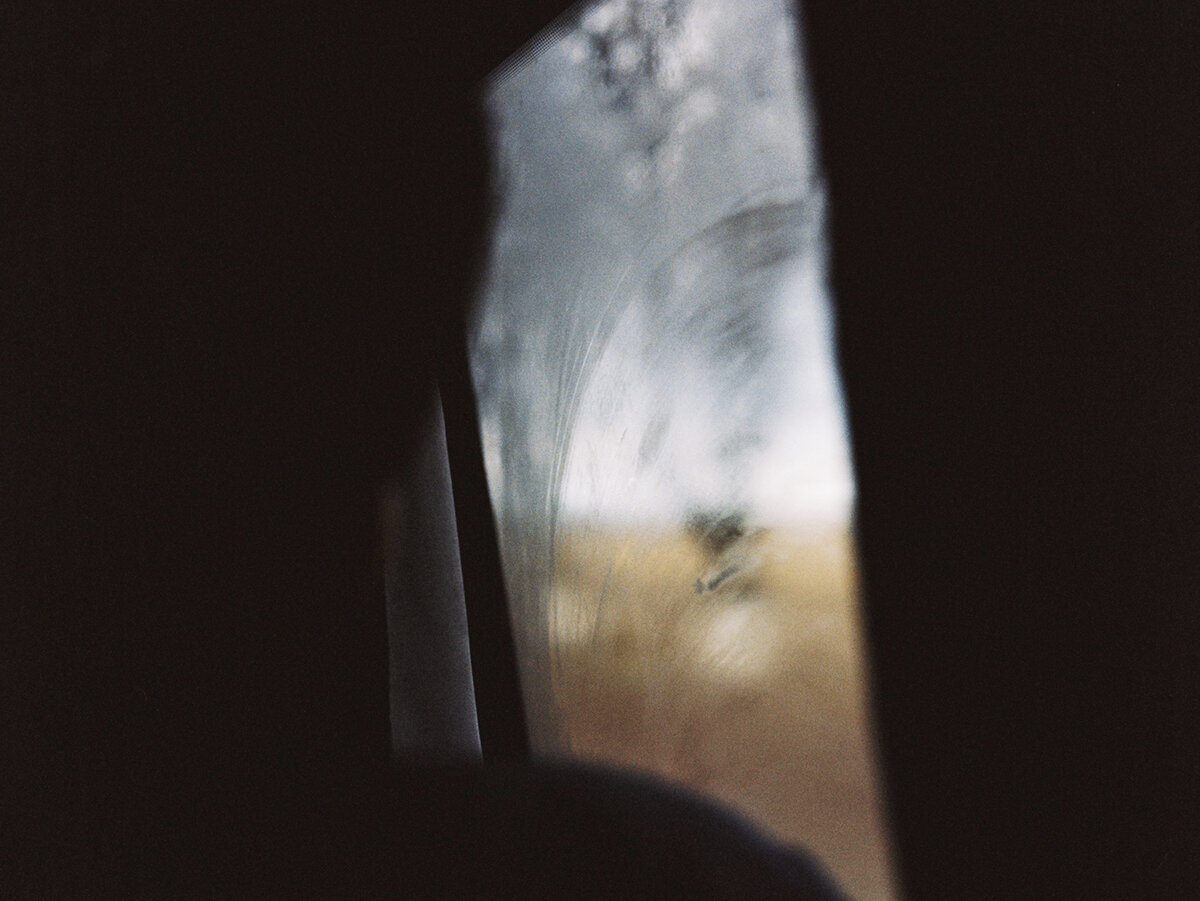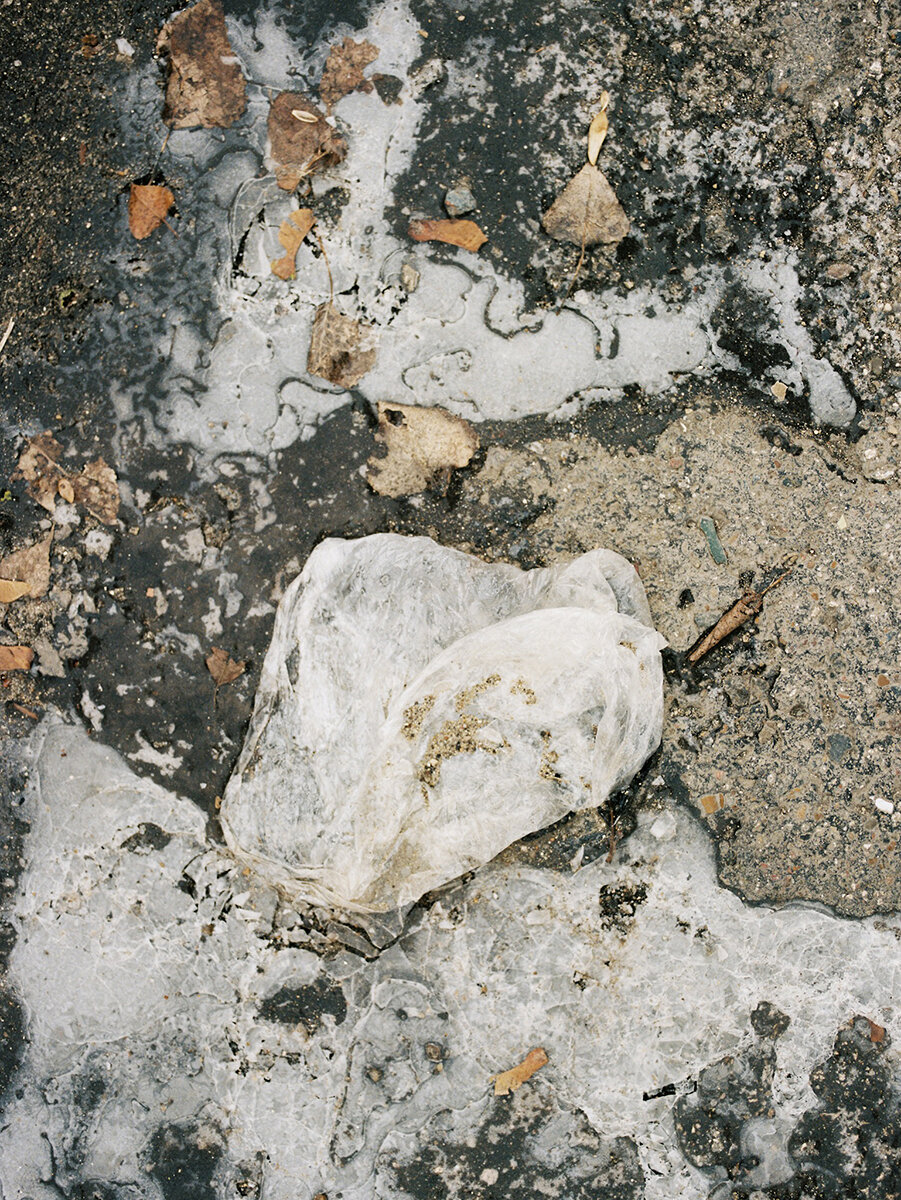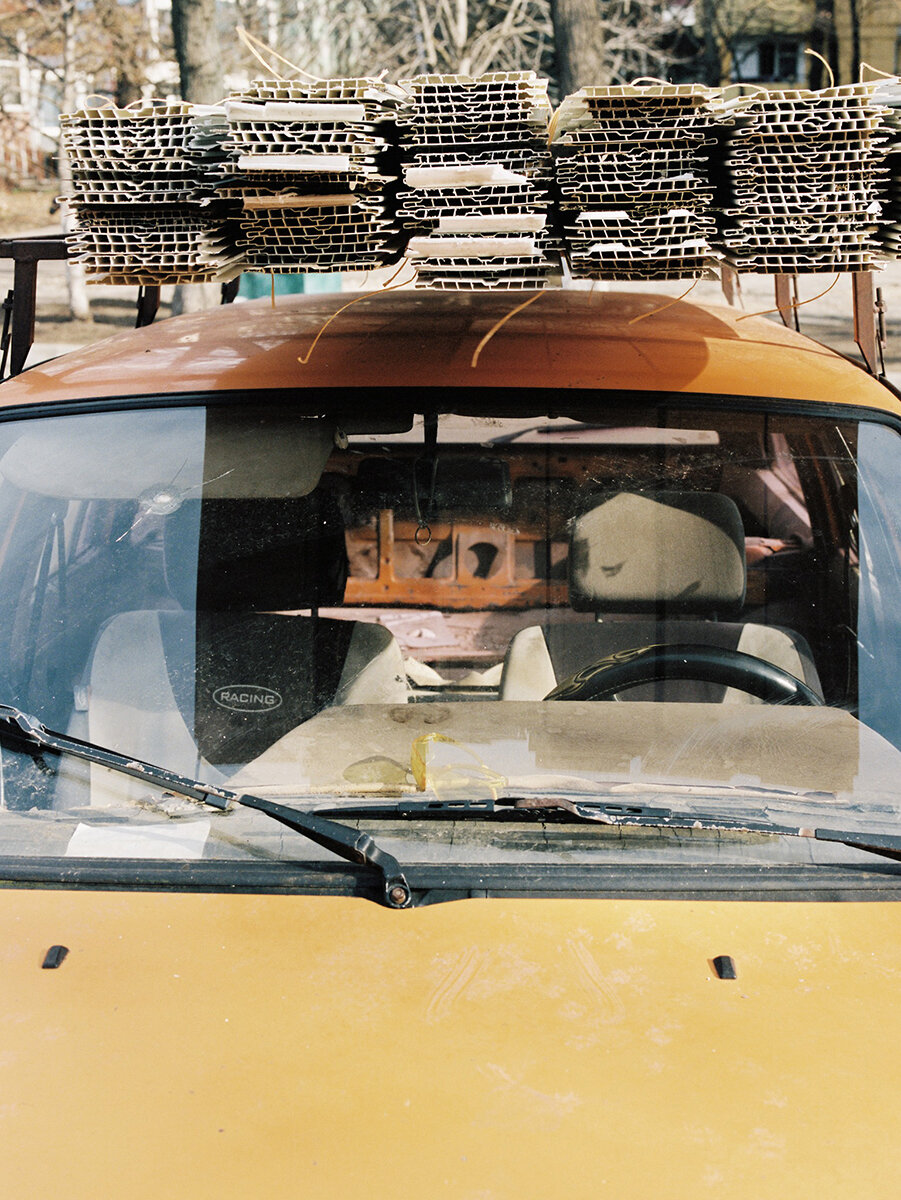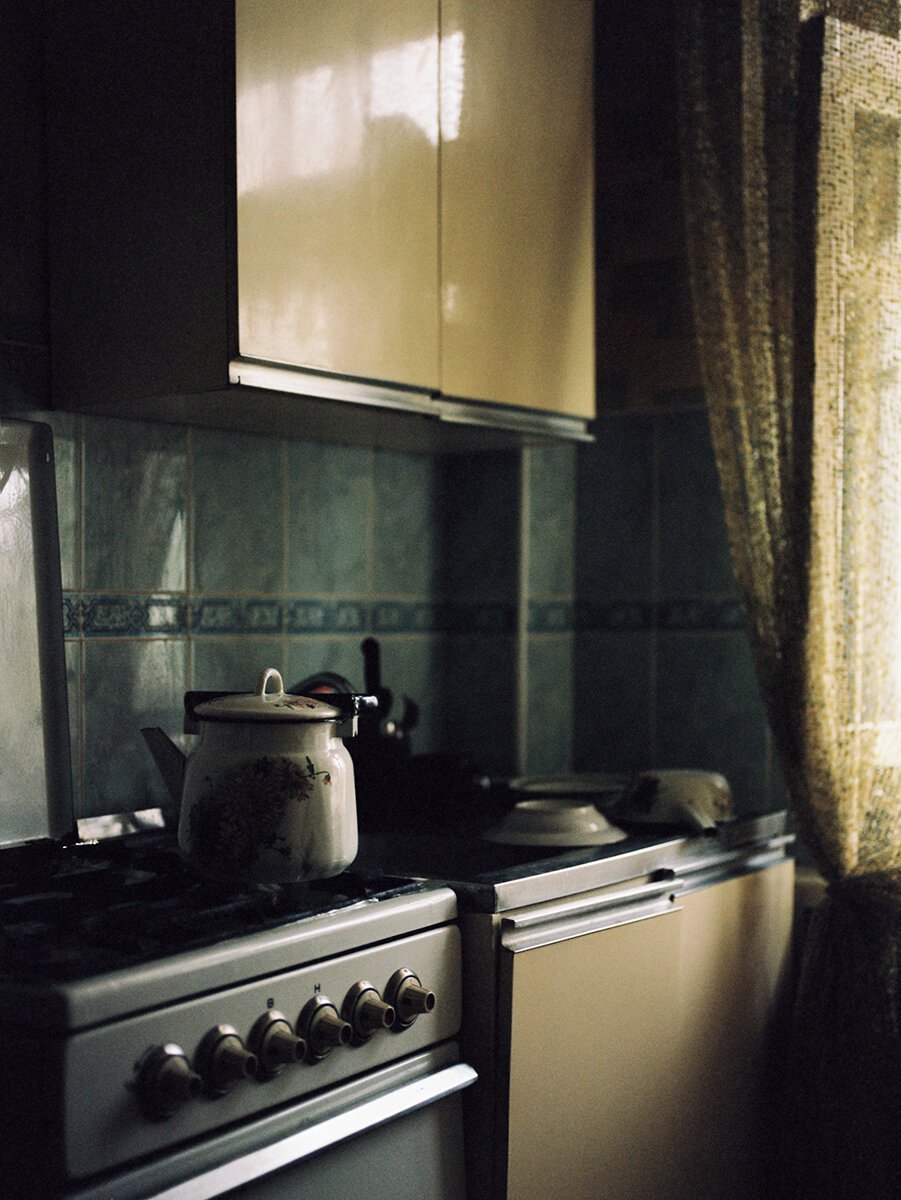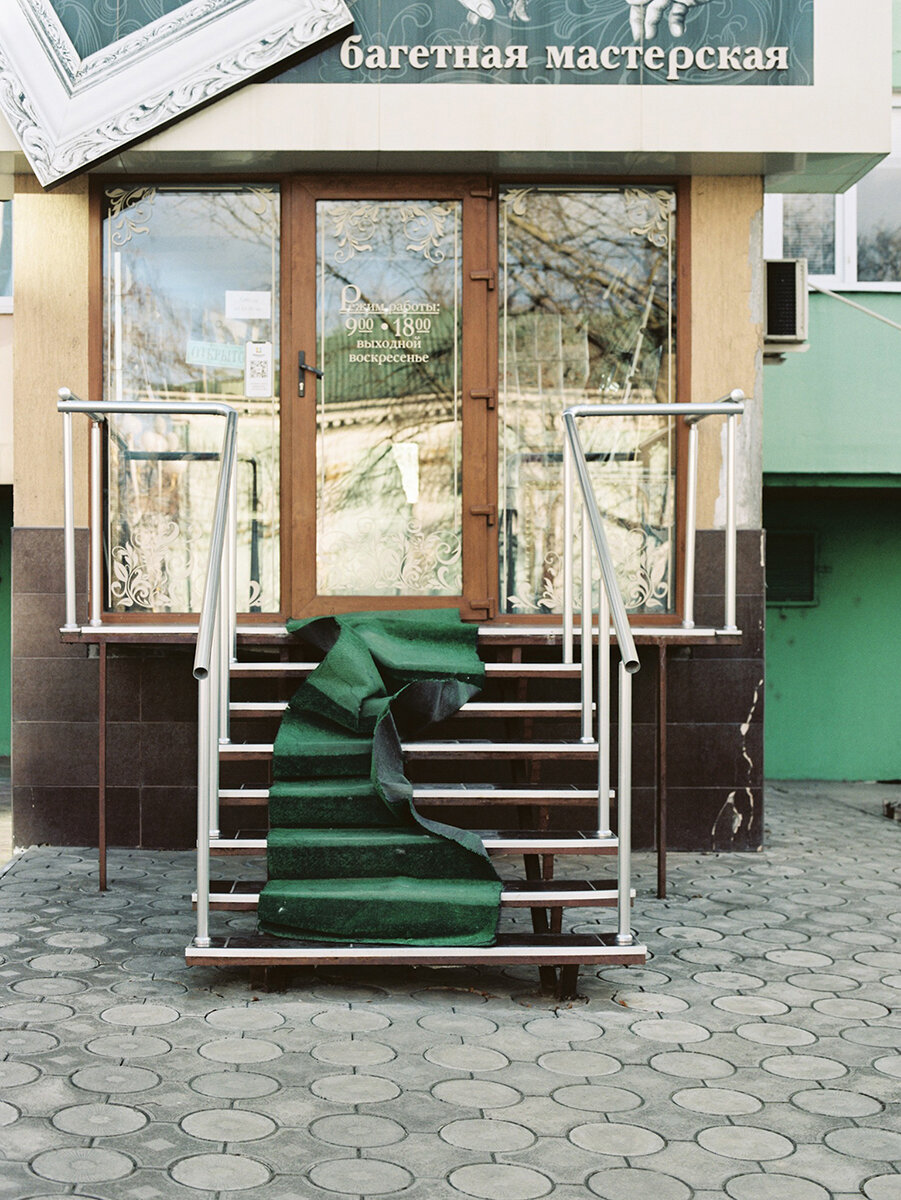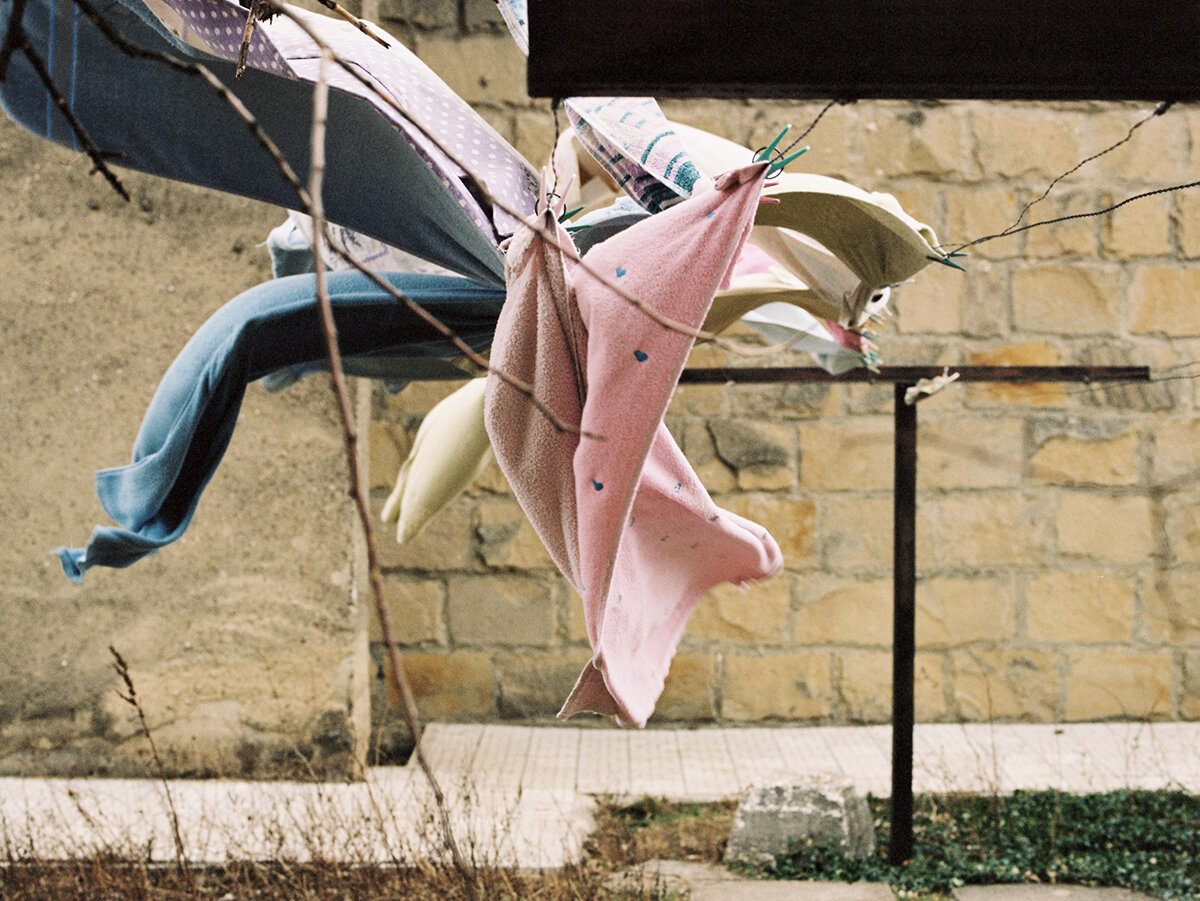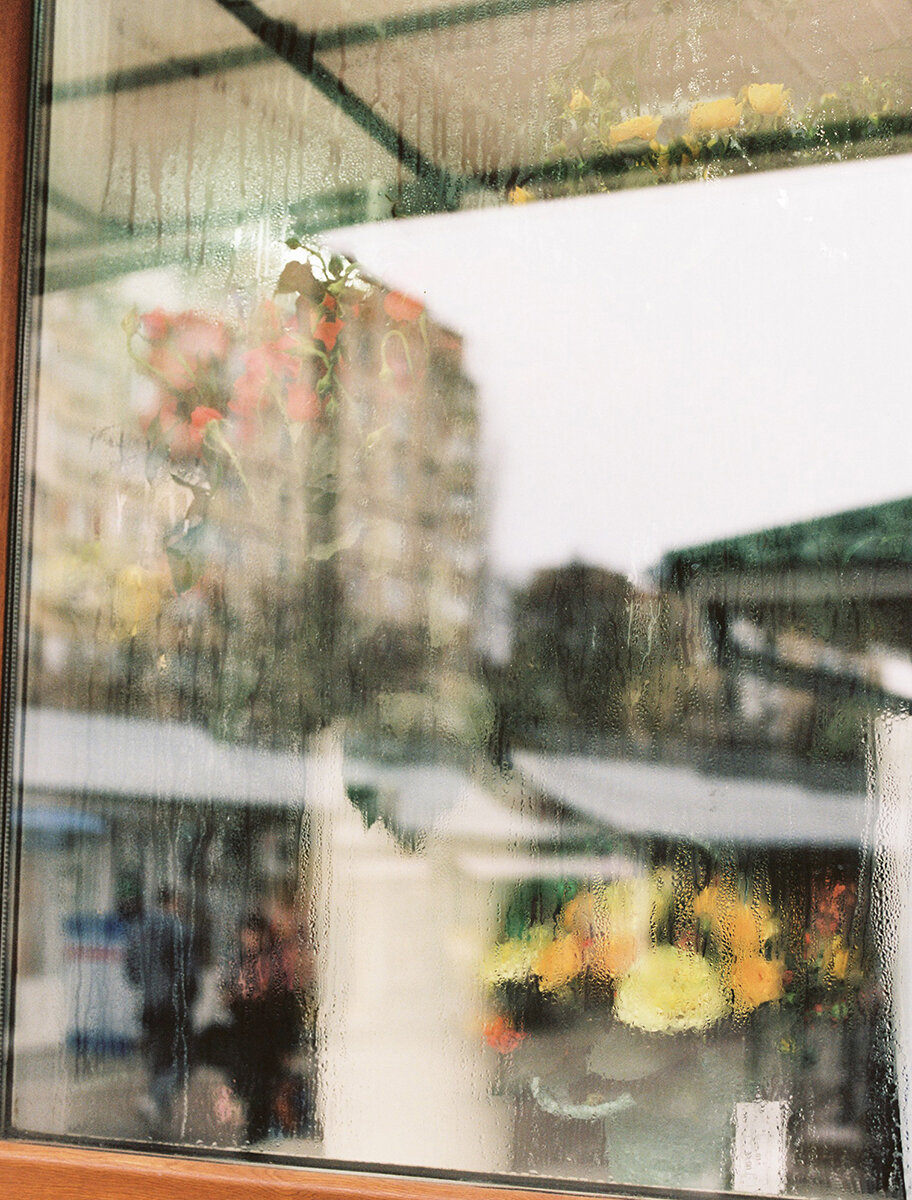Christine Armbruster
Somewhere between Moldova and Ukraine sits a country that does not exist. Some would say this is a paradise place, while others claim it to be a cage. It is a region that was granted statehood by a country that no longer exists and today is only recognized by other autonomous regions. Each of these come together in their own collective of acceptance and visibility. They have embassies in one another's capitals, their own World Cup.
Local folklore says that the Arctic miners got to chose where they lived after 20 years of service to the USSR and because of it, there is a large population of retired miners in Transnistria. It was their first choice. It was everybody's first choice. And now, with citizens having anywhere from 2-5 different passports, the opportunities to leave far out reaches the opportunities to stay. It is the last choice.
I spent a winter in Transnistria. I wanted to see what it felt like to be somewhere that doesn't exist. Curious about how identity forms and how national pride remains despite all odds.
Every night, thousands of crows fly over the capital of Tiraspol, fleeing to their places of roost. And every year, hundreds of students leave Transnistria to find a new place to call home. There isn't much of a dialogue here about it. The same way those here got used to the birds, they also got used to the youth leaving. It simply is what it is.
Communism was built on the idea of paradise. As communism has faded, Transnistria remains the last flag in the world with a hammer and sickle. Once the gateway city to the USSR, Tiraspol now has sleepy streets, bright white buildings, and high standards of education. Many who have visited even claim it to be the safest capital city in Europe. There is a paradise here for those who believe it. But if it is the last paradise, then why are so many leaving? Yet for the rest, keeping their status as unrecognized and keeping their identity far exceeds concession and becoming a place it never wanted to be.

